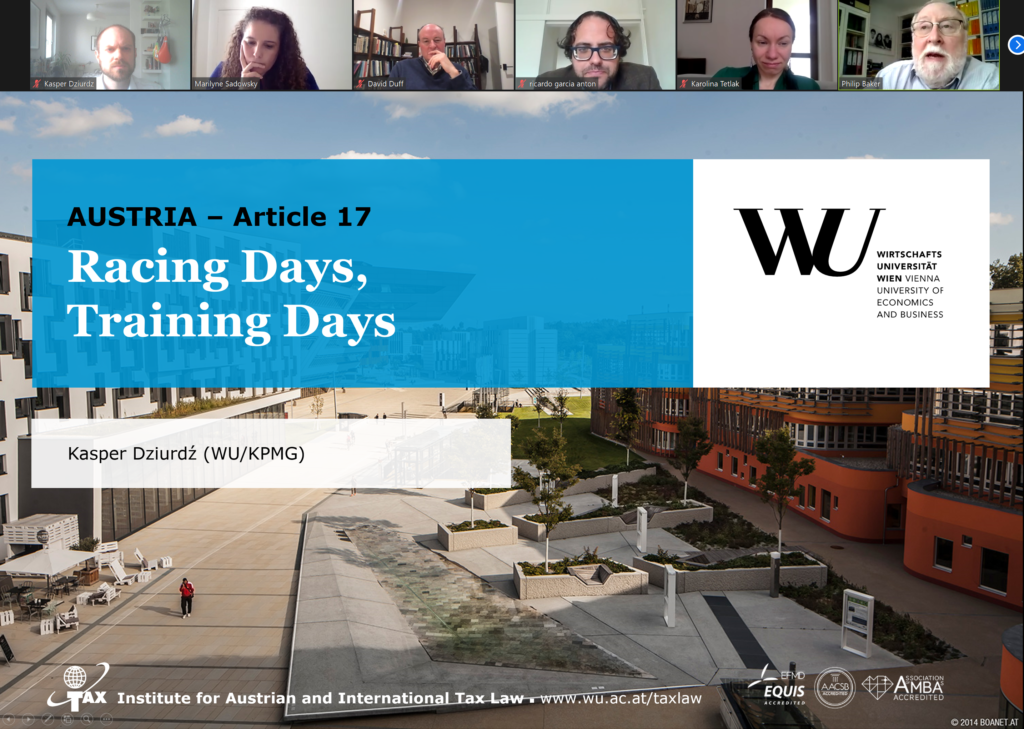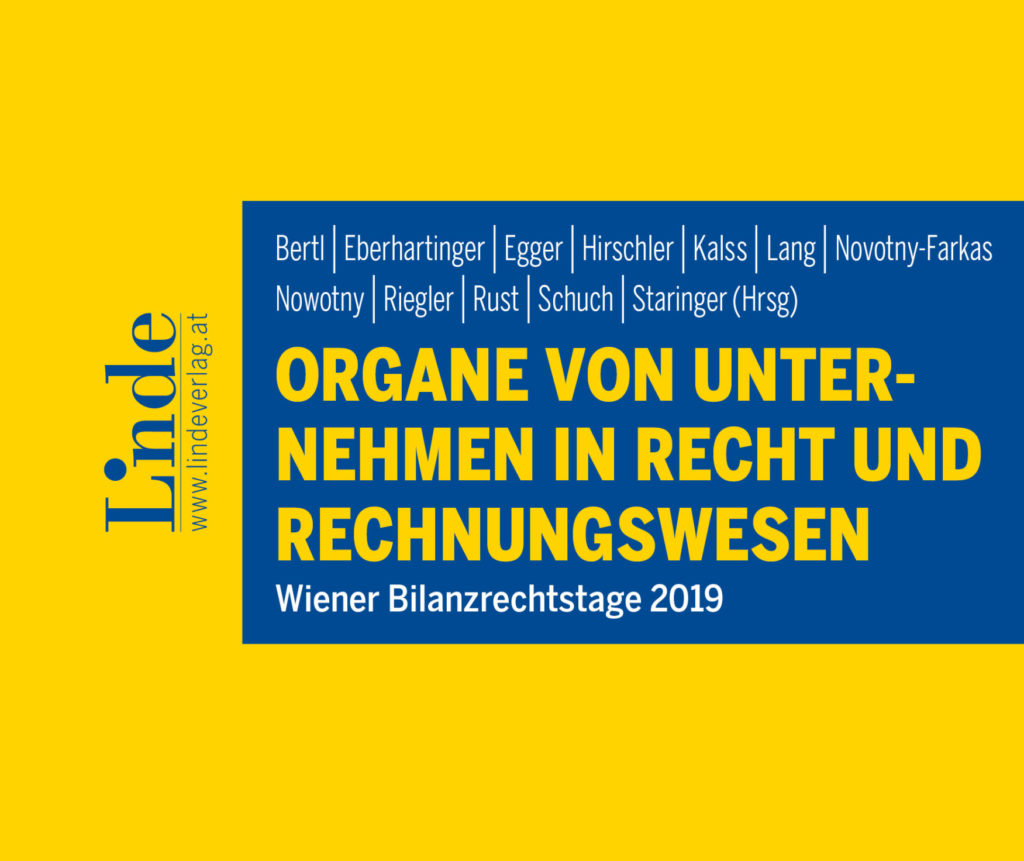Symmetrical Application of Reservations
The Multilateral Convention to Implement Tax Treaty Related Measures to Prevent BEPS (the Multilateral Instrument or MLI) allows its Parties to opt in for mandatory binding arbitration. In order to encourage the Parties to do so even if a Party has concerns about the application of mandatory binding arbitration to certain types of cases, Article 28(2)(a) of the MLI allows a Party to formulate one or more reservations with respect to the scope of cases that shall be eligible for arbitration. As a result, many Parties that have decided to apply Part VI (Arbitration) have made use of this possibility.
Article 28(3) of the MLI provides that reservations apply symmetrically. This means that they modify for the reserving Party (State A) in its relations with another Party (State B) the provisions of the MLI to which the reservation relates to the extent of the reservation and modify those provisions to the same extent for the other Party (State B) in its relations with the reserving Party (State A). Thus, if State A makes a reservation with respect to the scope of cases that shall be eligible for arbitration, those cases are excluded from the scope of the arbitration under the MLI for both State A and State B under the tax treaty (Covered Tax Agreement) between State A and State B.
In the following, I will take a closer look at the reservations regarding anti-abuse provisions formulated by Austria, Malta, Slovenia and Germany to determine their scope and what “symmetrical application” means in the case of reservations that refer to domestic law.
Austria: Only Austrian GAARs
Austria reserved “the right to exclude from the scope of Part VI (Arbitration) cases involving the application of its domestic general anti-avoidance rules contained in the Federal Fiscal Code […]”. This reservation refers only to Austrian domestic rules. More specifically, it refers to general anti-avoidance rules (GAARs) in the Federal Fiscal Code, not to specific anti-avoidance rules (SAARs) in other tax codes. As a result, the Austrian reservation excludes symmetrically, that is, for both Contracting Jurisdictions, cases involving the application of Austrian general anti-avoidance rules. Despite its symmetrical application, it does not cover anti-avoidance rules of the other Contracting Jurisdiction.
It is not precisely clear why Austria made this reservation. Perhaps domestic anti-abuse rules are considered a sensible area and there is a certain reluctance to subject their scope and assumed prevalence over tax treaty rules to a decision of an arbitration panel. At the same time, the PPT rule of the MLI may also apply to “abusive cases” and deny tax treaty benefits. Based on the Austrian reservation, however, cases involving the PPT rule are not excluded from arbitration. This leads to the unsatisfactory result that the access to arbitration might depend on whether treaty benefits are denied through the Austrian general anti-avoidance rule or through the PPT rule of the MLI.
Malta: Mirroring Domestic Reservations
Since several Parties to the MLI have made reservations that refer only to their own domestic law, Malta has made a reservation that mirrors this type of reservations. “Where a reservation made by the other Contracting Jurisdiction to a Covered Tax Agreement pursuant to Article 28(2)(a) refers exclusively to its domestic law (including legislative provisions, case law, judicial doctrines and penalties), Malta reserves the right to exclude from the scope of Part VI those cases that would be excluded from the scope of Part VI if the other Contracting Jurisdiction’s reservation were formulated with reference to any analogous provisions of Malta’s domestic law […]”. This reservation allows Malta, first, to subject cases involving the application of domestic anti-abuse rules to mandatory binding arbitration under the MLI if the other Contracting Jurisdiction has made no reservation; and, second, to limit the scope of arbitration also with regard to its own domestic anti-abuse rules if the other Contracting Jurisdiction has made a corresponding reservation (instead of objecting the reservation and denying access to arbitration altogether). Under the tax treaty between Austria and Malta, situations involving both the Austrian and the Maltese general anti-avoidance rules are therefore excluded from mandatory binding arbitration, whereas arbitration remains open for other cases.
Slovenia: All Domestic GAARs and SAARs?
Slovenia reserved “the right to exclude from the scope of Part VI cases involving the application of domestic anti-avoidance provisions. For this purpose, the Republic of Slovenia’s domestic anti-avoidance provisions shall include such provisions contained in the tax laws.” This reservation is not limited to Slovenian provisions or to GAARs. The first sentence refers to “cases involving the application of domestic anti-avoidance provisions” without specifying the Contracting Jurisdiction or the type of anti-avoidance rules. The second sentence defines domestic anti-avoidance provisions from a Slovenian perspective in very general terms. Under the tax treaty between Austria and Slovenia, cases involving both Austrian and Slovenian domestic anti-avoidance provisions are therefore excluded from the scope of mandatory binding arbitration. This raises uncertainty: What is meant by “domestic anti-avoidance provisions”? Are Austrian SAARs such as the Austrian CFC rule or the Austrian switch-over provision for dividends also covered by the reservation?
Germany: All Domestic and Tax Treaty GAARs and SAARs
Germany has made a (not yet final) reservation that excludes “from the scope of Part VI any case in which a domestic law or tax treaty anti-abuse rule (e.g. […]) has been applied”. This reservation mentions certain Germany anti-abuse rules as examples. Thus, other German anti-abuse rules that are not specifically mentioned as well as anti-abuse rules of other Parties to the MLI are also covered by the reservation.
It is noteworthy that the reservation excludes from arbitration any case in which a tax treaty anti-abuse rule has been applied. Apparently, a taxpayer who has done something considered to be abusive should have no access to a beneficial arbitration procedure regardless of whether abuse is deemed to exist under domestic or tax treaty law. This raises the question of which provisions of a tax treaty might be considered to constitute anti-abuse rules. For sure, the PPT rule of the MLI fulfills this criterion. Other rules of Part III (Articles 6 to 11: Treaty Abuse) most probably do so as well. However, is, for instance, Option A of Article 13 (Artificial Avoidance of Permanent Establishment Status through the Specific Activity Exemptions) an anti-abuse rule that is not eligible for arbitration?
Conclusion
The MLI provides for open reservations with respect to the scope of cases that shall be eligible for arbitration. This is aimed at encouraging the Parties to the MLI to opt in for arbitration and thus to improve the effectiveness of the mutual agreement procedure for the benefit of taxpayers. However, the flexibility provided in the MLI has led the Parties to formulate very different and sometimes vague reservations with respect to cases of abuse. As reservations apply symmetrically, it is important to analyze their meaning and scope. If one Party to the MLI has not excluded a case from arbitration, the other Party’s reservation might still limit the eligibility for arbitration.


